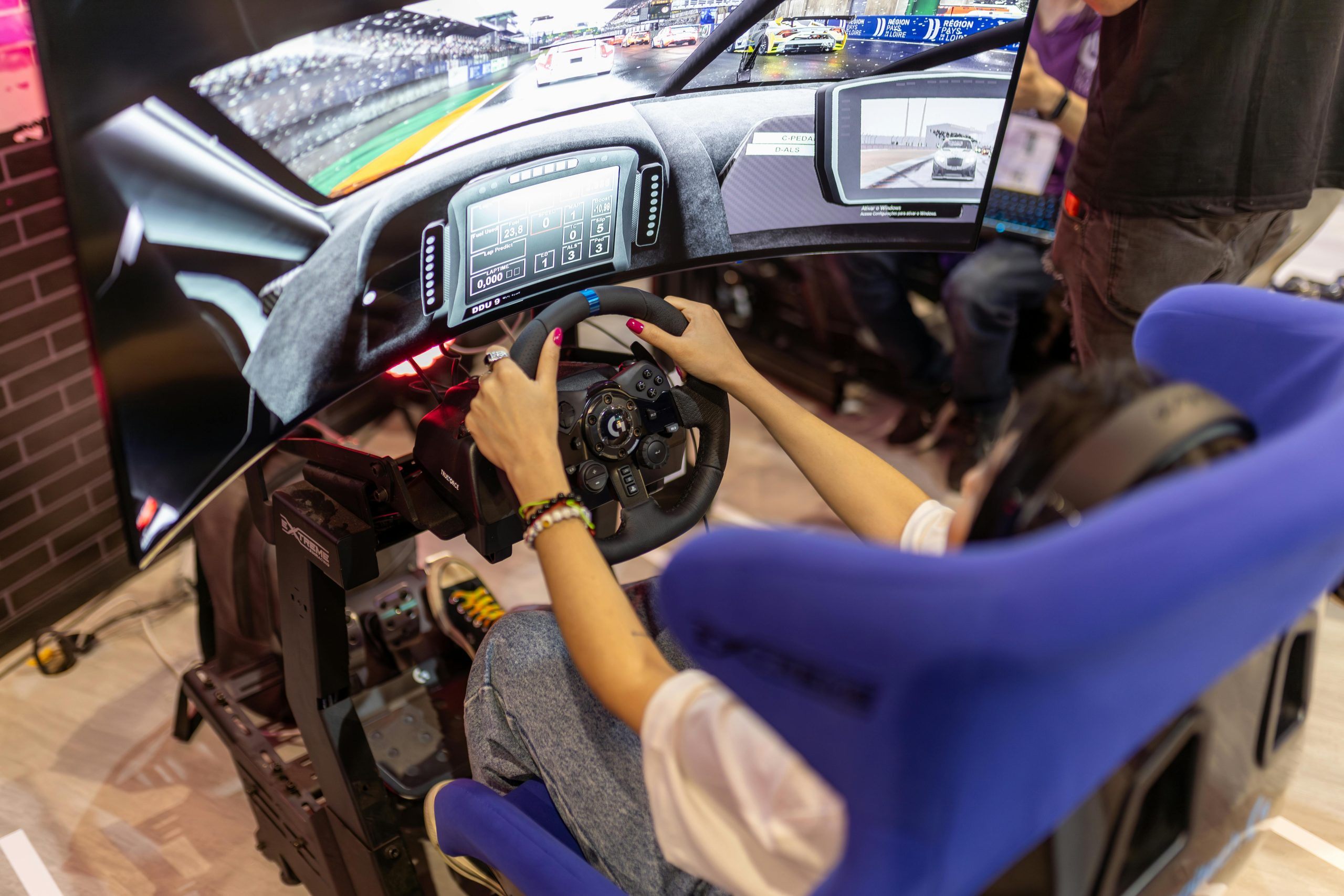Video Game Credits: How Esports Earns High School Diplomas
Are you a high school student who loves playing video games? Have you ever been told by your parents or teachers that playing video games won’t help you earn a high school diploma? Well, it’s time to prove them wrong. The rise of esports in recent years has not only gained popularity among gamers, but it has also opened up new opportunities for high school students. That’s right, video games can now help you earn a high school diploma through esports credits. How is this possible, you ask? Let’s find out as we dive into the world of esports and how it is changing the landscape of high school education.
The popularity of esports as a high school sport
Esports, also known as competitive video gaming, has been gaining traction as a high school sport in the past few years. The organization that governs high school sports, the National Federation of State High School Associations (NFHS), recognized esports as an official sport in 2019. This means that high schools across the country can now offer esports as a sport to their students.
The popularity of esports as a high school sport can be attributed to several factors. First and foremost, the video gaming industry has grown rapidly, and esports has become a multimillion-dollar industry. This has attracted the attention of both students and parents who see potential in pursuing a career in esports. Secondly, esports offers a platform for students to showcase their skills and talents in a competitive environment. Just like traditional high school sports, esports requires dedication, teamwork, and strategy, which are all important skills that can be applied in real life.
The role of esports in earning high school diplomas
Now, you might be wondering, how exactly can esports help students earn high school diplomas? Well, it’s simple. Just like any other high school sport, participating in esports can earn students credits towards their high school diploma. This means that students can now put their love for video games into something productive and use it to graduate from high school.
The NFHS and various state associations have developed guidelines and regulations for high schools to follow when offering esports programs. These guidelines ensure that esports is treated just like any other high school sport, with official matches, coaches, and team practices. The NFHS also has partnerships with companies like PlayVS, a high school esports platform, to help schools manage their esports programs and keep track of student achievement and progress.
How esports credits are earned
Just like any other high school sport, students can earn credits for participating in esports. However, the number of credits offered may vary depending on the state and school. In general, students can earn credits in the following areas:
Physical education credits
Participating in esports requires students to be physically and mentally fit, just like any other sport. This is because esports also requires quick reflexes, strategic thinking, and hand-eye coordination, which are all important skills in physical education. Therefore, students can earn physical education credits for participating in esports.
Elective credits
Esports is not just about playing video games; it also involves various aspects such as marketing, event planning, and team management. Therefore, students can earn elective credits for participating in esports, just like any other elective class.
Leadership and teamwork credits
In esports, just like in traditional high school sports, students work together as a team to achieve a common goal. This not only promotes teamwork but also teaches students important leadership skills. As a result, students can earn leadership and teamwork credits for participating in esports.
Conclusion
Esports has become more than just a hobby for high school students. It has opened up new opportunities for students to excel in something they are passionate about and earn a high school diploma in the process. The rise of esports in high schools across the country is proof that video games can have a positive impact on students’ education. So next time someone tells you that playing video games won’t help you graduate from high school, tell them about esports and how it’s changing the game.








